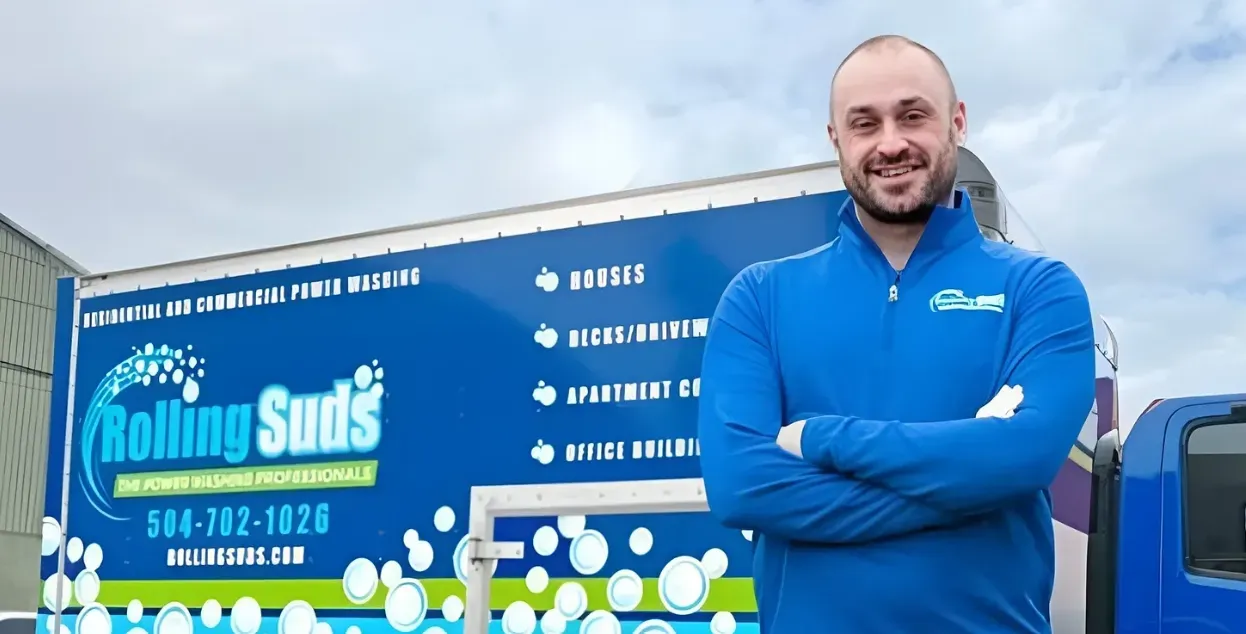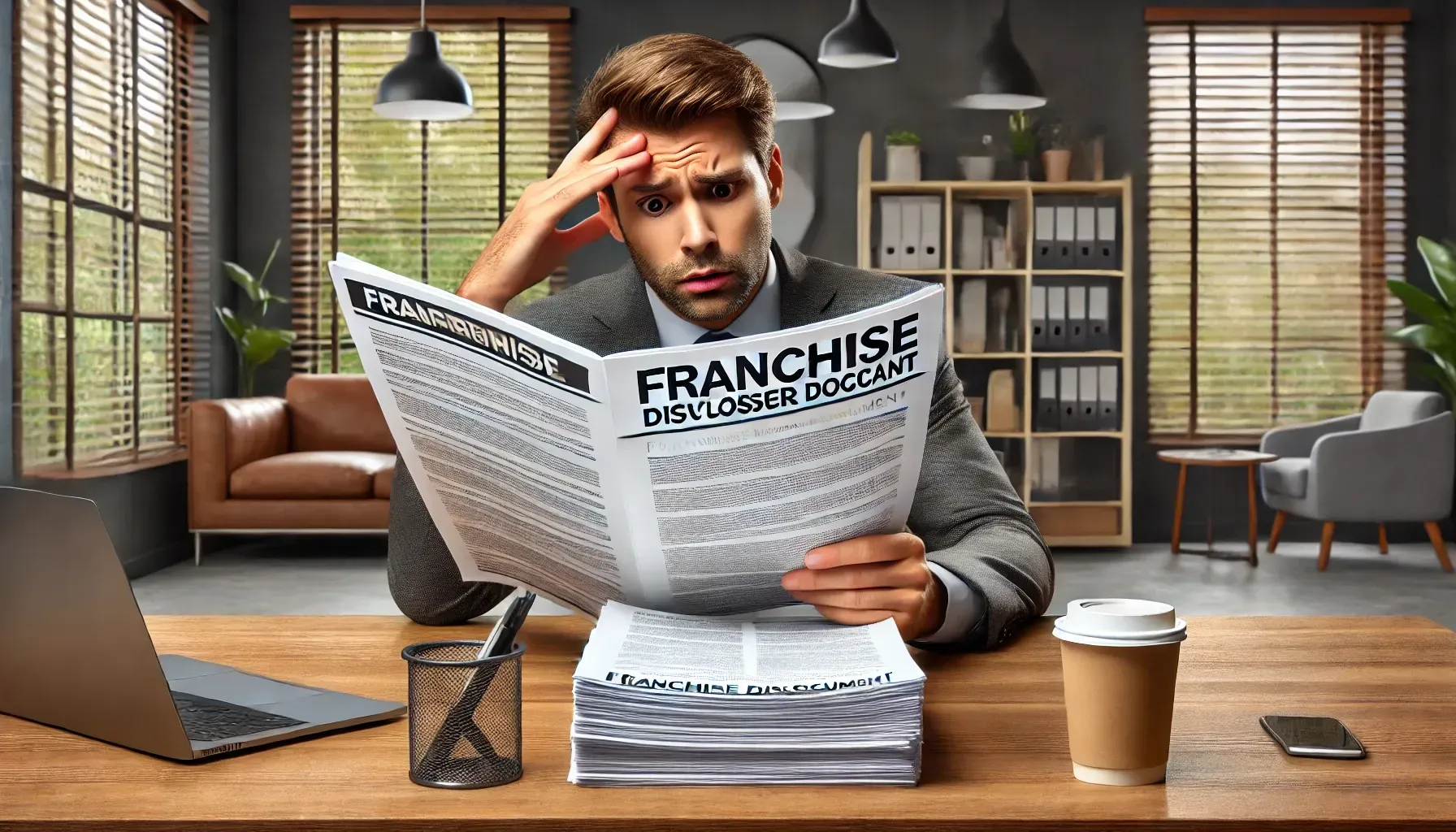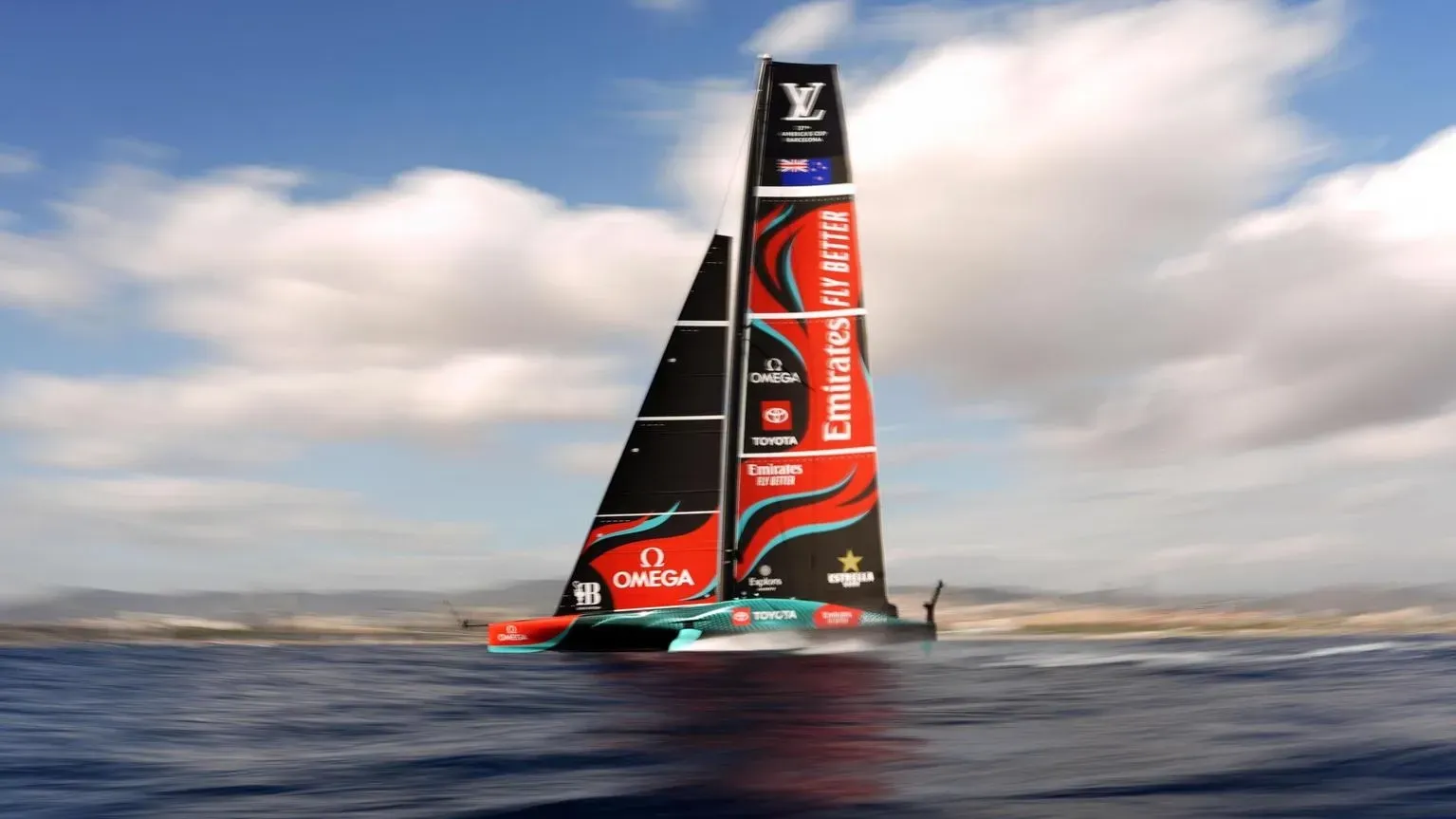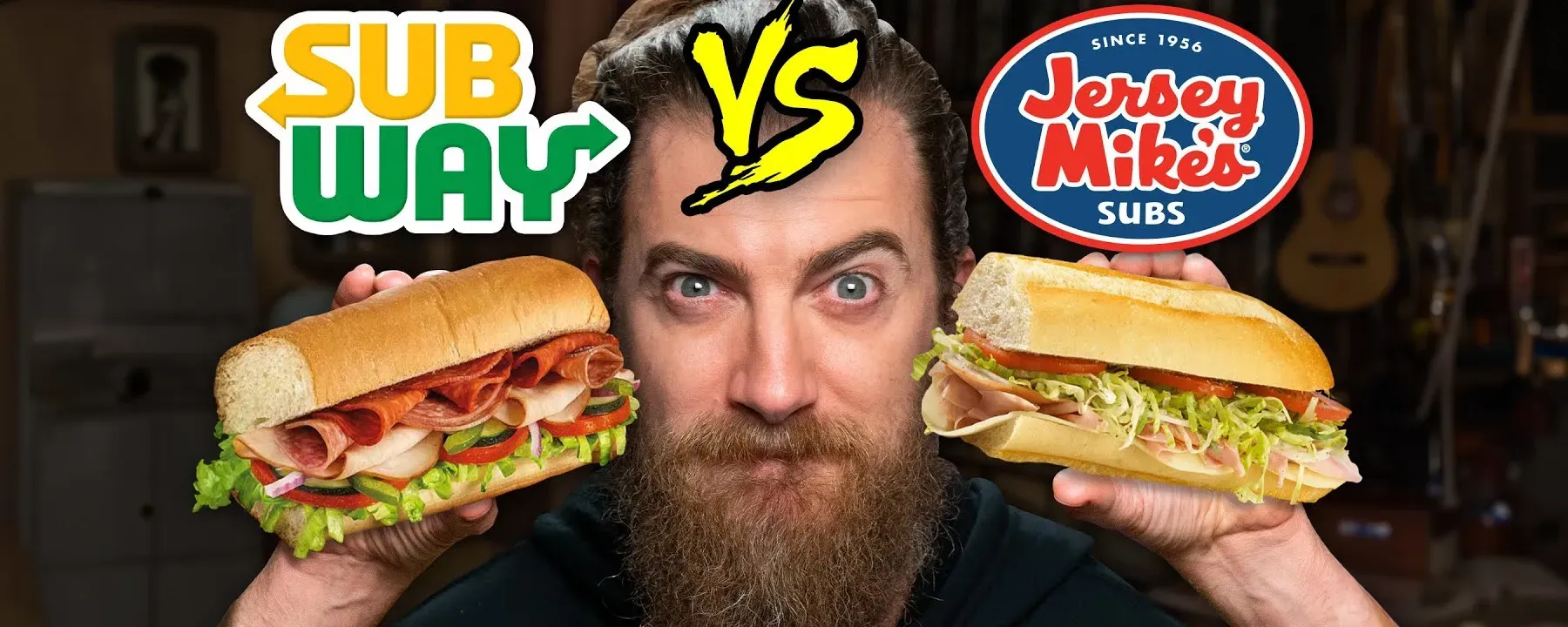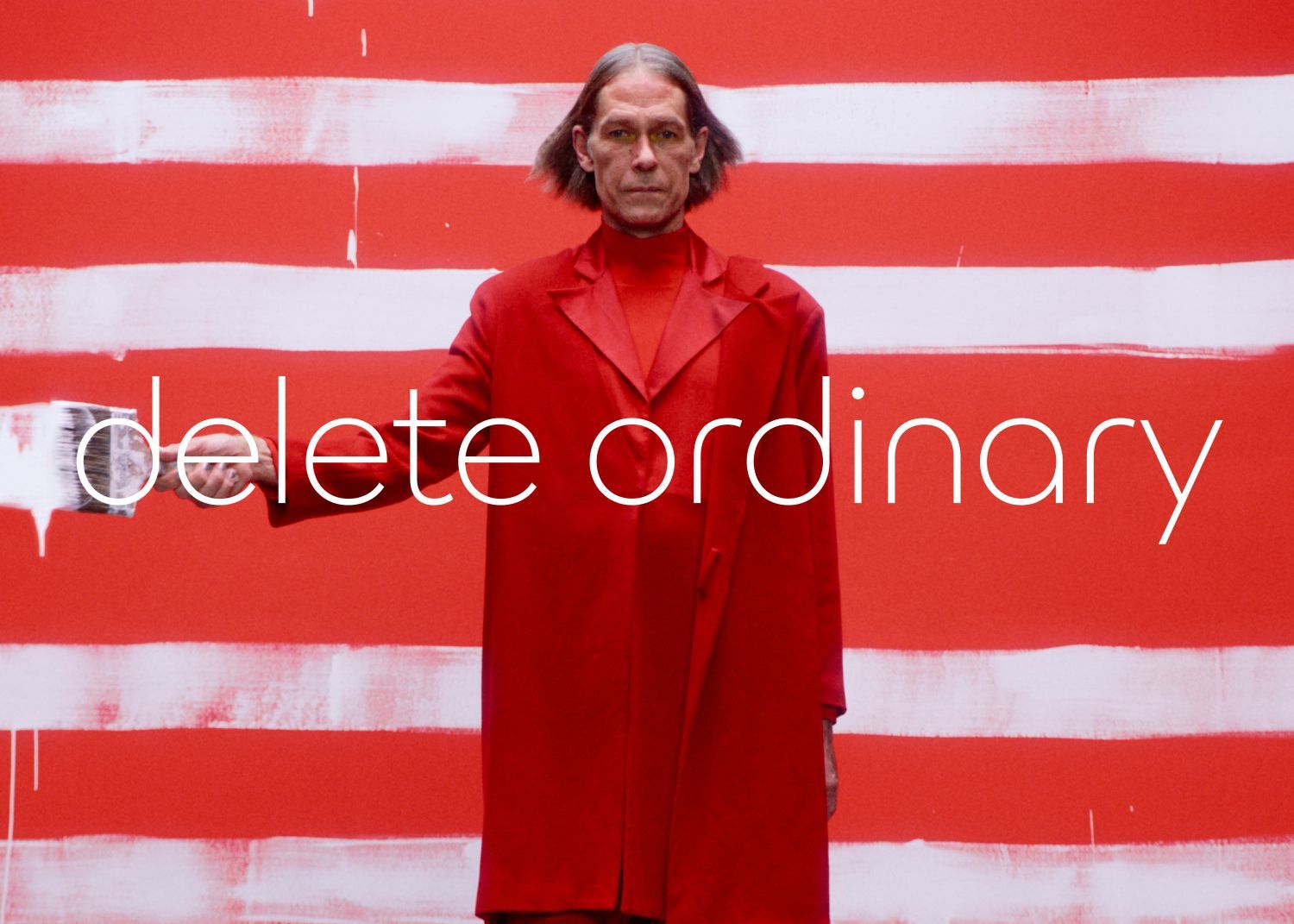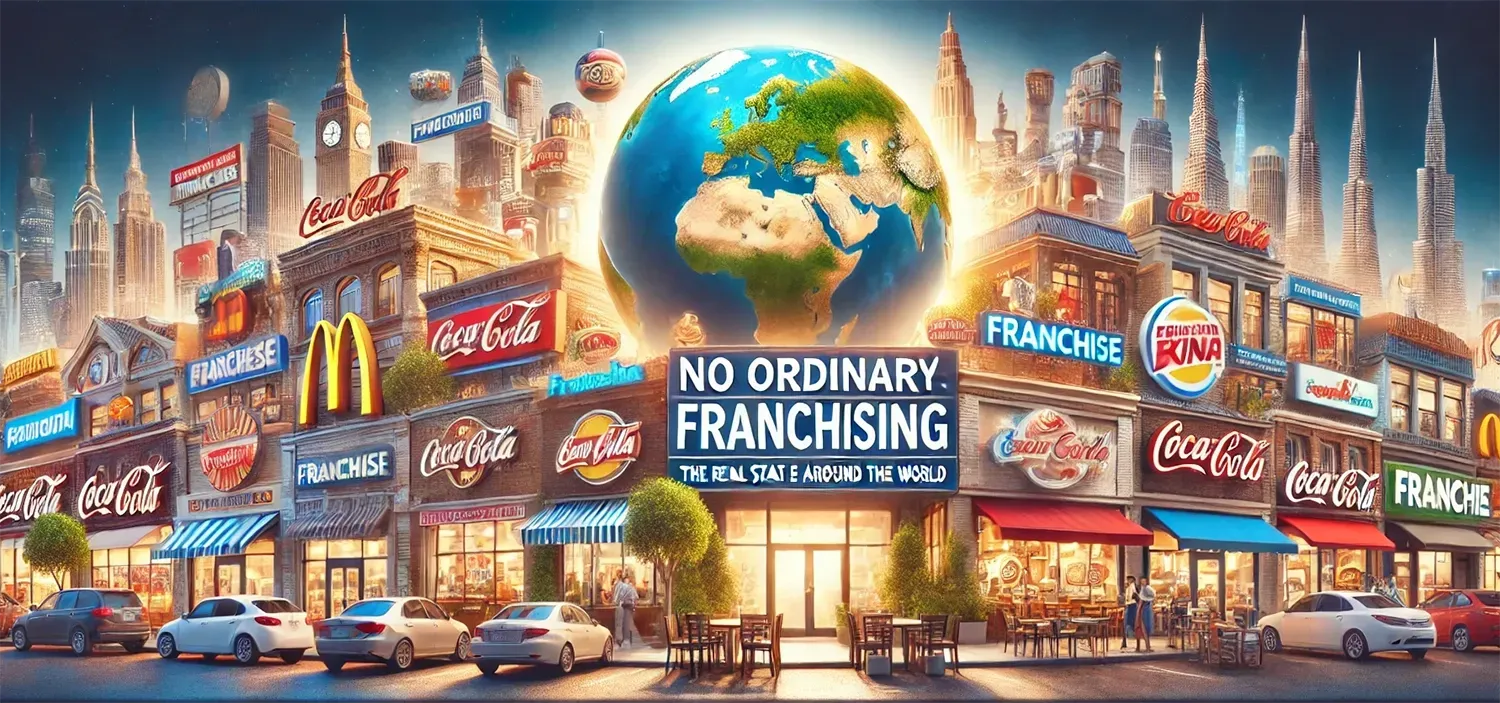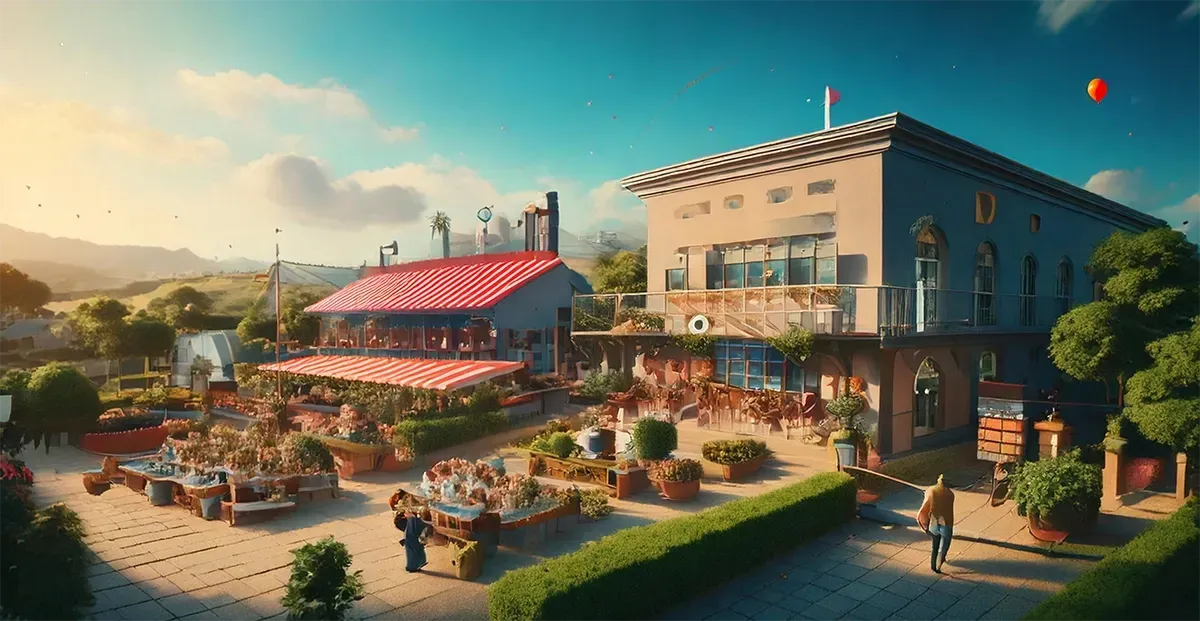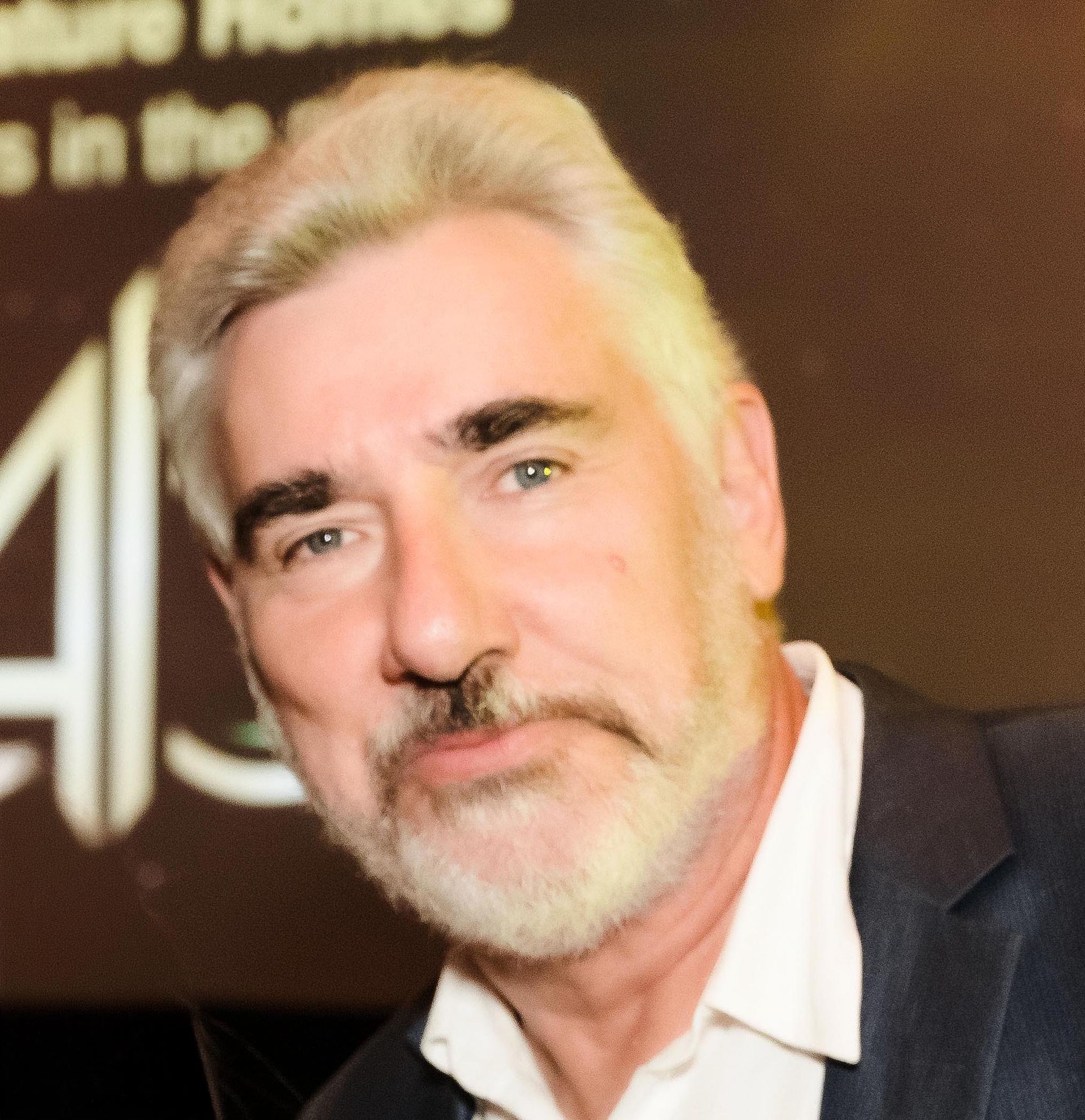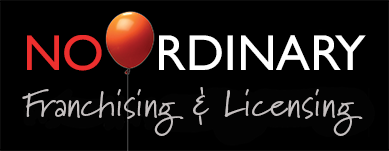How Franchisee Selection Criteria Can Make or Break Your Franchise
Part 2 in our series on Franchisee Selection: Why It Is the Most Important Decision Franchisors Make
It doesn’t matter how good your systems, training and support are—if you don’t select the ‘right’ franchisees in the first place, none of it is going to produce a high performing franchise. Yet as a franchise consultant, I can't believe how many franchisors rely on gut feeling or, worse still, chance in the way they select franchisees.
But what do the 'right' franchisees look like?
As I mentioned in the first article in this series, that depends on the franchise business, according to Christiane Gaul of the University of Applied Sciences in Kufstein, Austria, in her study Partner Selection Process in Franchising. Of course, the kind of candidates a franchisor looks for will be different for a lawn-mowing franchise than a professional services franchise.
Let's look at who the 'right' people are for some well-established franchises...
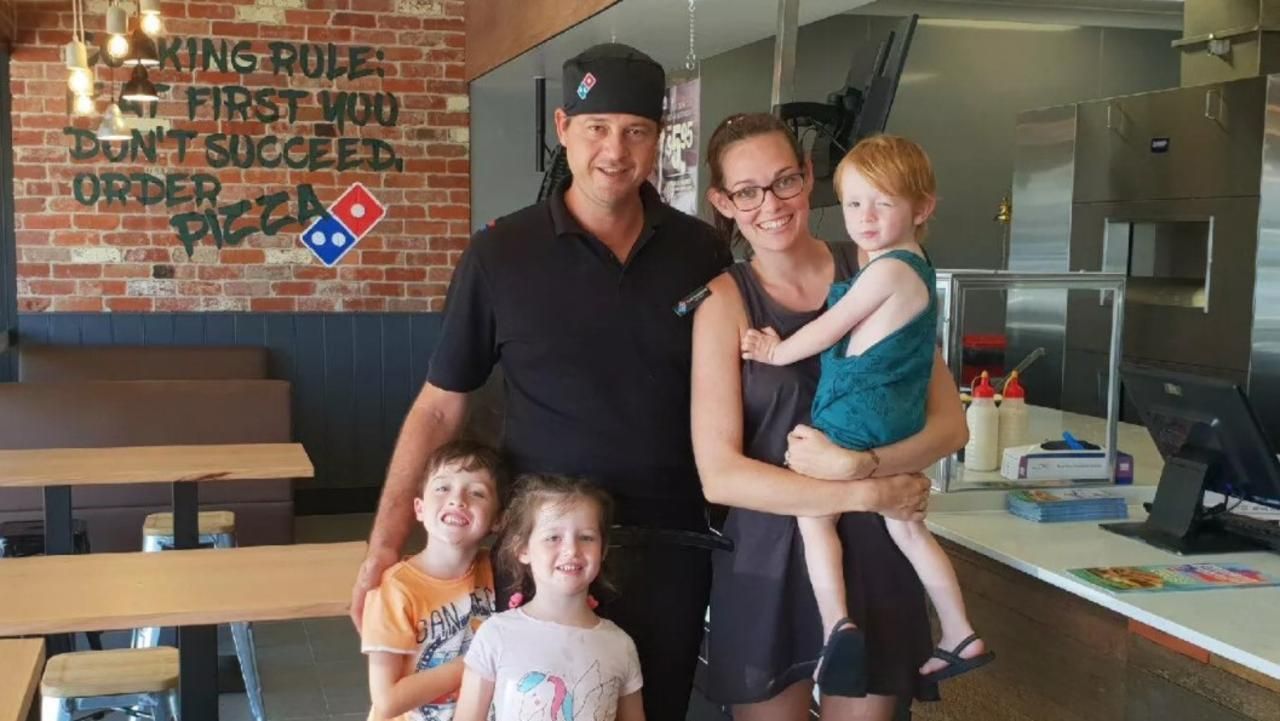
The right people for Domino’s
Sometimes a franchise’s recruitment strategy can contain elements you’d expect in a start-up franchise as well as a mature one.
Domino’s may be one of the largest franchises in the world, but it got that way through an aggressive approach to both marketing and franchising. What essential ingredients does Domino’s look for in a franchisee? It's not just about having enough dough...
- Entrepreneurial mentality
- A passion, commitment and drive to success
- Strong leadership skills
- A real team player
- Good administration skills
- An ability to have fun and work in a young, energetic and vibrant organisation
- Good cash position and access to finance
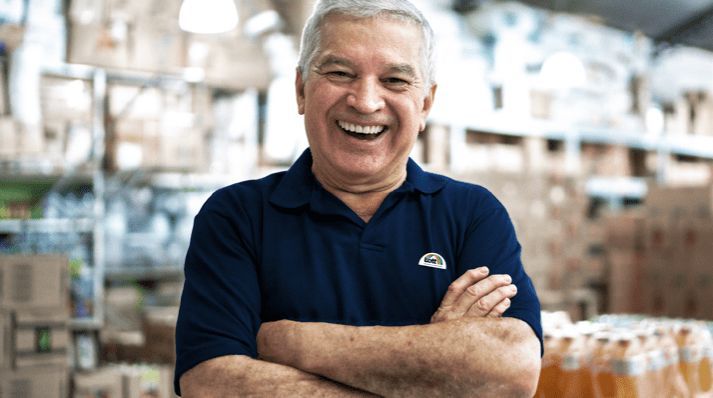
The right people for TattsLotto
Domino’s approach is different to that of Tatts, the lottery and sports betting shops in Australia, which is highly government regulated. They look for:
- Creditworthiness
- Business skills
- Management skills
- Communication skills
- No criminal history
- Understanding and ability to work in a highly demanding customer service environment
- Professional presentation
- Ability to follow the system and government regulations
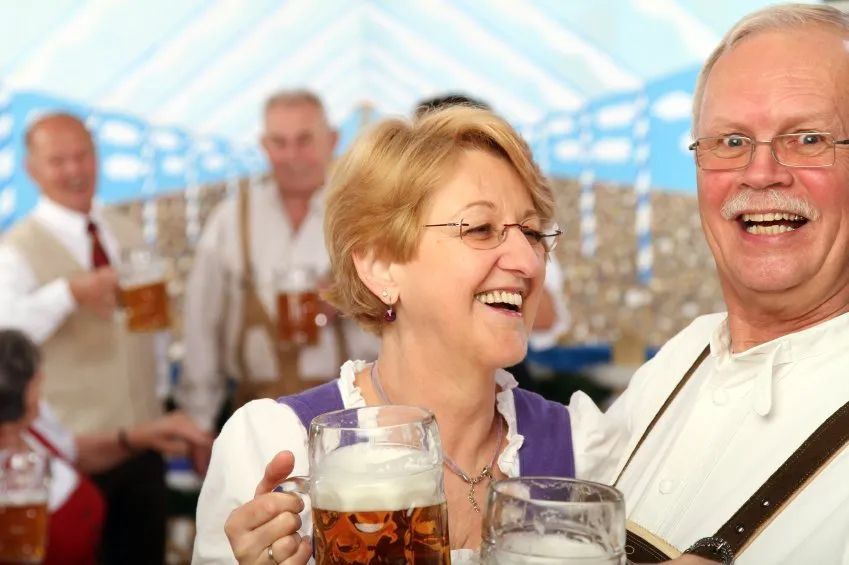
The right people may look different in different countries
Christiane Gaul’s study cited research from the United States, Germany and Spain that found that franchisors in each of these countries used different selection criteria. In the United States, 'attitude toward business' was considered a valuable indicator. There was greater emphasis in Germany on 'soft skills' such as people ability. And in Spain, loyalty to the franchisor and willingness to work hard were highly regarded.
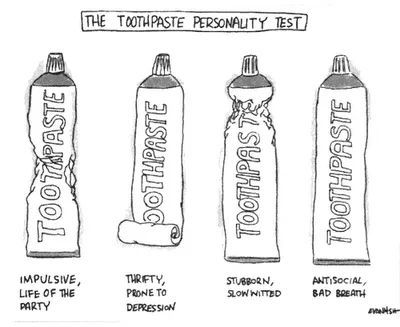
Does personality influence franchisee performance?
Here’s how McDonald’s franchisees in Australia are different from the average person on the street – they’re more notably conscientious, more extroverted and less neurotic. That was the finding of the Personality Traits of Franchisees study by Werner Soontiens and Adrian Lacroix.
“These traits arguably contribute to a stronger franchisee performance and the overall success of the franchise system,” the authors concluded.
But many experienced franchisors and franchise consultants disagree
“I learned that, although somewhat better than making a decision by rolling dice, ‘out-of-the-box’ personality profiles weren't that much better,” says Fred Berni of of Dynamic Performance Systems. “You don’t use personality tests when selecting franchisees.”
Why? Because job-specific situational judgement and job-specific behaviours are more accurate predictors of franchisee performance, says Berni.
"If you met face to face with ten successful franchisees in any system, you would probably walk away thinking: 'There is no way to predict how well these people will perform. Every one of them has a unique personality.'''
"Academics are often way off the mark when it comes to the practicalities of what goes on in real franchise networks," Greg Nathan of the Franchise Relationships Institute told me. "Their research often has small samples and is biased toward existing and limited academic models of understanding the franchising world."
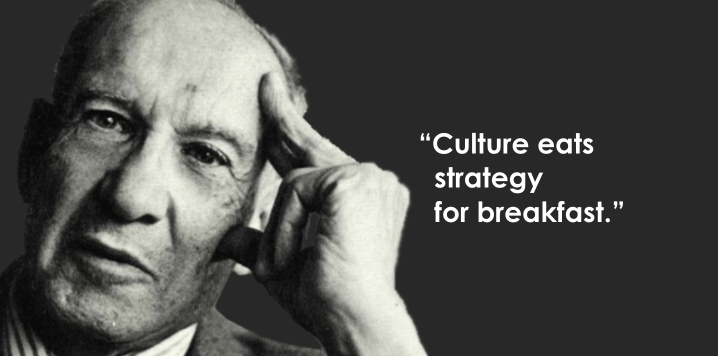
What’s more important—franchisee performance or ‘fitting in’?
“When a franchisee is selected, it should be because they have the potential to perform—not because they ‘fit in’,” says Fred Berni. “‘Fitting in’ has nothing to do with actually performing at high levels.”
But this flies in the face of conventional management wisdom. "Culture eats strategy for breakfast"—the classic quote from management guru Peter Drucker means simply this: No matter how great your business strategy is, your plan will fail without a company culture that encourages people to make it work.
Culture can be defined as shared beliefs within an organisation. In the best organisational cultures, these beliefs lead franchisees to behave in ways that benefit the entire franchise group.
The proof is in the pudding, as they say. Some years ago I took part in a Franchising Best Practice Study Tour from which one of our two key learnings was that a strong organisational culture was a critical success factor in the best-practice franchises we visited. Caterpillar talked about their franchisees bleeding ‘yellow blood’. McDonald’s talked about ‘McFamily’. And outdoor specialty retailer Recreational Equipment Inc. (REI) says that its members give 'life to their purpose'.
Even top performers have to be believers
Top performers in sport, business or any endeavour don’t just get that way simply because they exhibit the traits of top performers. They need something more, something outside themselves, something bigger than themselves.
Where would top-performing sportspeople be without their coach, team or support people? Just as importantly, where would they be if they didn’t love or at least have complete commitment to their sport?
The same applies to franchisees. No matter how much they believe in themselves, in their ability to perform, they’re never going to be perform at their peak unless they believe in the franchise and what it stands for, and take full advantage of everything it offers to turn potential performance into actual performance.
In a franchise, more than other types of business, fitting in actually does have something to with performing at high levels.
How can you be sure to select only high performing franchisees who are a good fit for your franchise?
The honest answer is that you can't. No matter how good your selection process is, you'll never get it 100% right all the time. But you can get close.
The next article in this series will cover best practice processes in franchisee recruitment and selection and review some of the tools which have been developed to help you select only the 'right' franchisees. To be sure you don't miss it, subscribe to our regular email newsletter or follow us on Linkedin, Twitter or Facebook.
Share on your Page:
Follow us:


